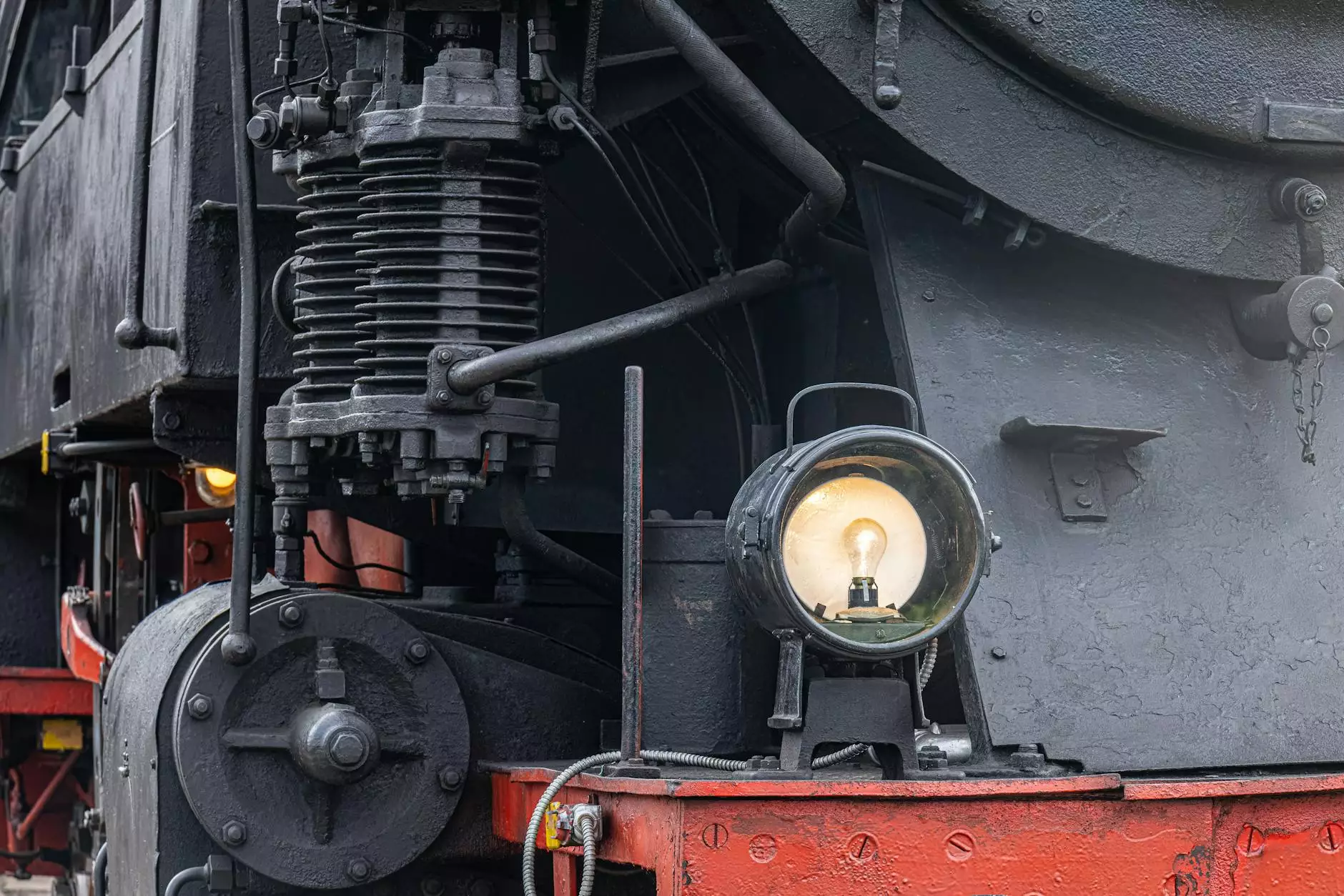Comprehensive Guide to Boiler Water Treatments

Boiler water treatments are crucial components of maintaining optimal efficiency and longevity in industrial and commercial operations. Understanding the intricacies of boiler water management is essential for preventing problems like scaling, corrosion, and operational downtime, making it a fundamental aspect of modern water purification services.
What are Boiler Water Treatments?
Boiler water treatments involve applying chemical and physical methods to water before it enters the boiler system. This process ensures that the water is clean and free from impurities that could lead to inefficiency or damage to the boiler over time.
Importance of Proper Boiler Water Treatment
Proper treatment of boiler water is not just a maintenance task; it is vital for ensuring:
- Efficiency: Untreated water can cause scaling and corrosion, reducing heat transfer efficiency.
- Longevity: Regular treatments extend the lifespan of boiler systems by preventing damage.
- Safety: A well-maintained boiler system is safer and less likely to fail or cause accidents.
- Cost Savings: Efficient treatment reduces energy costs and maintenance expenses.
Key Components of Boiler Water Treatments
When it comes to boiler water treatments, there are several key components that play vital roles in the purification process:
1. Chemicals Used in Treatment
Various chemicals are employed to treat boiler water, including:
- Oxygen Scavengers: These minimize oxygen levels to prevent corrosion.
- Alkalinity Builders: They help maintain pH balance, preventing corrosion and scaling.
- Scale Inhibitors: These chemicals prevent calcium and magnesium salts from forming deposits on boiler surfaces.
- Cationic Polymers: Used to control fouling and improve water clarity.
2. Testing and Monitoring
Regular testing and monitoring are essential to ensure the right balance of chemicals in the boiler water. This includes checking pH levels, conductivity, and the presence of dissolved solids.
Methods of Boiler Water Treatment
There are various methods to treat boiler water, and each comes with its own set of advantages and disadvantages:
1. Chemical Treatment
This common method involves adding the necessary chemicals to the water to address specific issues like scaling or corrosion. Companies that offer water purification services provide this as a core component of their service packages.
2. Filtration
Filtration systems remove particulate impurities from water using technologies like sand filters, cartridge filters, and membrane filters. This method is crucial for maintaining clean boiler operation.
3. Reverse Osmosis (RO)
RO technology provides high-quality water by forcing water through semi-permeable membranes that remove a significant percentage of dissolved solids and other contaminants.
4. Deionization
This process involves removing mineral ions from water, which helps in reducing scale and corrosion within boiler systems.
Choosing the Right Water Purification Service
When selecting a provider for boiler water treatments, consider the following:
1. Industry Experience
Look for companies that have extensive experience in the field of boiler water treatment and purification services. Their track record can be a good indicator of reliability.
2. Customized Solutions
No two boiler systems are alike, and your treatment plan should reflect that. Choose a service provider that offers personalized plans based on your specific needs.
3. Technological Capability
Providers that use advanced technologies for treatment and monitoring can typically deliver better results, owing to improved efficiency and effectiveness.
Benefits of Proper Boiler Water Treatments
The benefits of effective boiler water treatments are far-reaching:
1. Increased Efficiency
Maintaining appropriate levels of treatment chemicals ensures that your boiler operates at maximum efficiency, leading to reduced energy consumption.
2. Minimized Operational Risks
By preventing issues like scaling and corrosion, businesses significantly reduce the risk of operational disruptions.
3. Environmental Impact
Efficient water treatment systems contribute to a reduced environmental footprint by minimizing waste and energy consumption.
4. Compliance with Regulations
Many industries are required to comply with environmental regulations. Proper boiler water management helps meet these requirements.
Common Challenges in Boiler Water Treatments
Despite the benefits, businesses often face challenges in implementing effective treatments:
1. Cost of Chemicals
The ongoing costs of chemicals can be a concern. However, investing in quality treatment can yield savings in the long run by preventing expensive repairs.
2. Water Quality Variability
The variability in water quality from different sources can complicate treatment processes, necessitating frequent testing and adjustments.
3. Regulatory Changes
Staying informed about changes in regulations and water treatment standards is essential for compliance and safety.
Conclusion
In summary, boiler water treatments are an integral aspect of maintaining efficient and safe boiler operations. By understanding the treatments, choosing the right service providers, and implementing best practices, businesses can safeguard their operations against common challenges, ultimately enjoying increased efficiency, reduced risks, and significant cost savings. Partnering with specialized water purification services ensures that you receive tailored solutions to meet your specific needs, ensuring longevity and performance. For comprehensive and effective solutions, consider visiting bimakskimya.com.tr to explore their offerings and elevate your boiler systems today.









